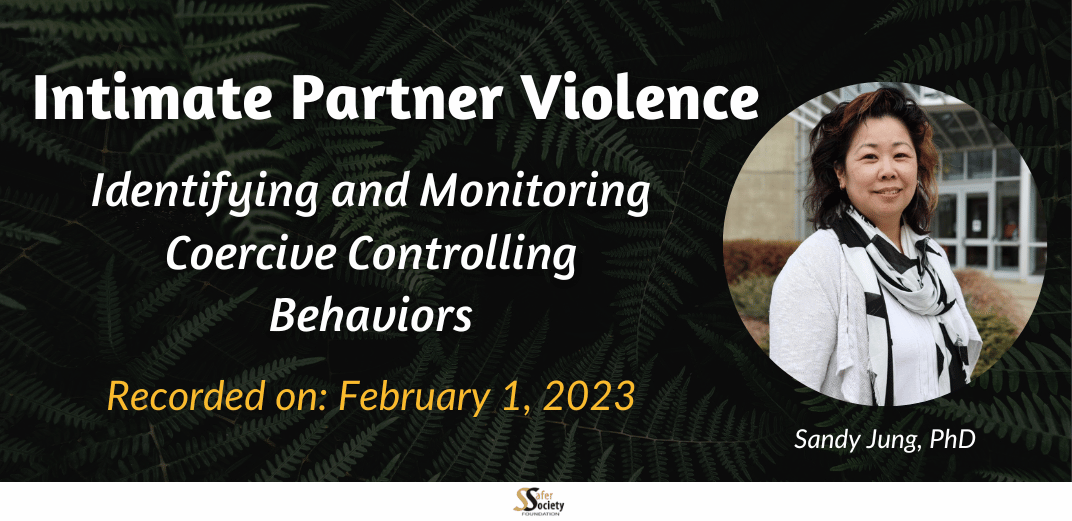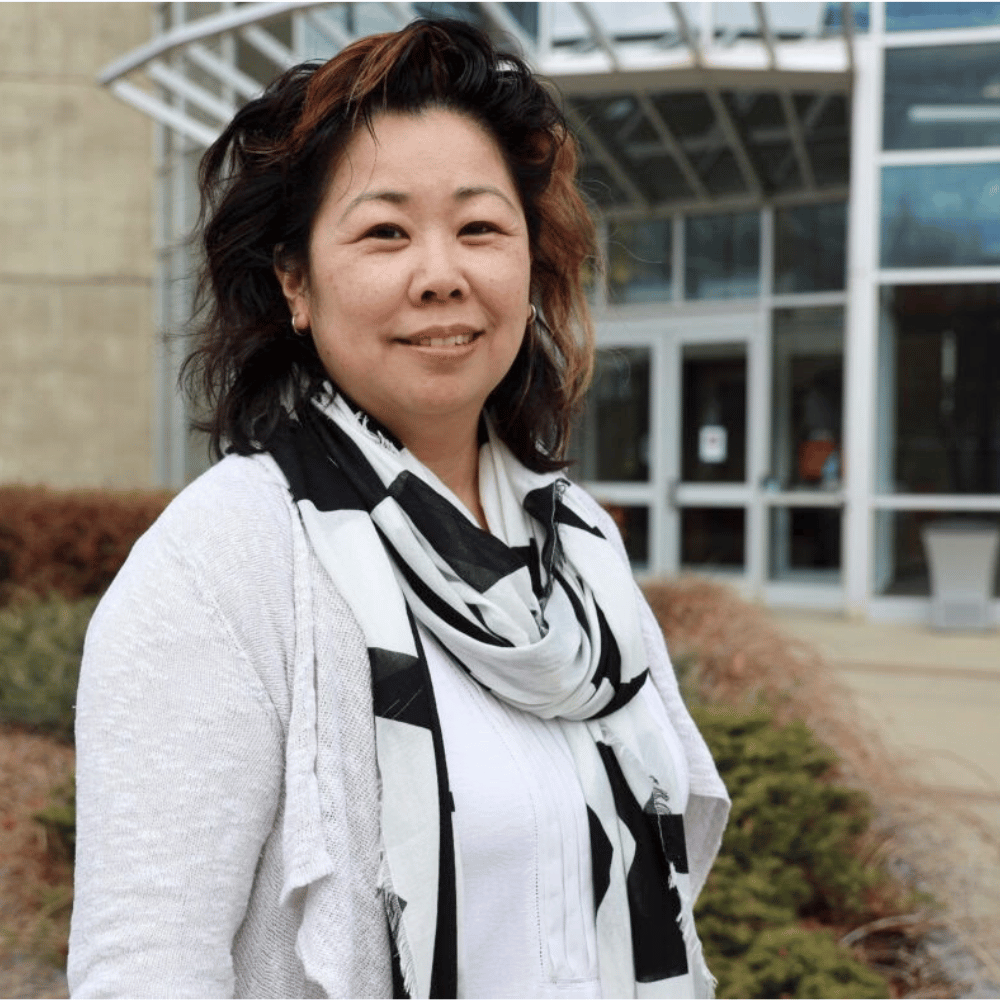
Intimate Partner Violence: Identifying and Monitoring Coercive Controlling Behaviors
This webinar is for professionals such as evaluators, treatment providers, and supervising agents who need to monitor and assess coercive controlling behaviors in abusive partner relationships. It is also relevant for individuals working with those who may be in an abusive relationship and need to identify coercively controlling behaviors and offer intervention ideas.
Intimate partner violence is already a complicated form of interpersonal violence. Problems range from the cycle of abuse to the confusing loyalty exhibited by abused partners. These problems are further complicated by the fact that controlling behaviors of the perpetrating partner often go undetected by others and may be normalized by the abused partner.
What we know is that coercive control is more common in abusive partner relationships than realized. Coercive control is often characterized by the perpetrator’s intention to gain control; the victim not wanting to be controlled; and the presence of threats or implied threats that lace the interactions in the abusive relationship. Because these behaviors often go undetected, this presentation provides a concise overview of the behaviors entailed in coercive control, including what evaluators, treatment providers, and supervising agents should be monitoring and assessing.
It is critical for professionals to be able to identify coercively controlling behaviors, in order to effectively evaluate, supervise, and treat abusive perpetrators. It will also be of interest to those working with individuals who may have cause to wonder whether their client, friend, or colleague is in an abusive relationship and offer ideas for intervention.
Who's Presenting

Sandy Jung, PhD
Sandy Jung, Ph.D., is a professor in the Department of Psychology at MacEwan University in Edmonton, Canada. She maintains an active research program in her Psychology Crime Lab (PCL@M) that focuses on the prevention of sexual assault, child sexual exploitation, and intimate partner violence and is funded by both internal and major external grants. She has numerous peer-reviewed publications in the field of forensic psychology, often co-authored with her students and several of her collaborators in law enforcement, forensic mental health, and other academic institutions in Canada, U.S., and other parts of the world. She was a recipient of the Distinguished Teaching Award and Distinguished Research Award, was previously a Board of Governors Research Chair, and was awarded the Distinguished Academic Award by the Confederation of Alberta Faculty Associations. Prior to her current academic position, she was a forensic psychologist at a forensic mental health facility where she provided assessment, treatment, and risk management of individuals convicted of violent and sexual offences. She is currently an Editorial Board Member for the journals, Sexual Offending: Theory, Research, and Prevention, Psychology of Violence, and Canadian Psychology.
